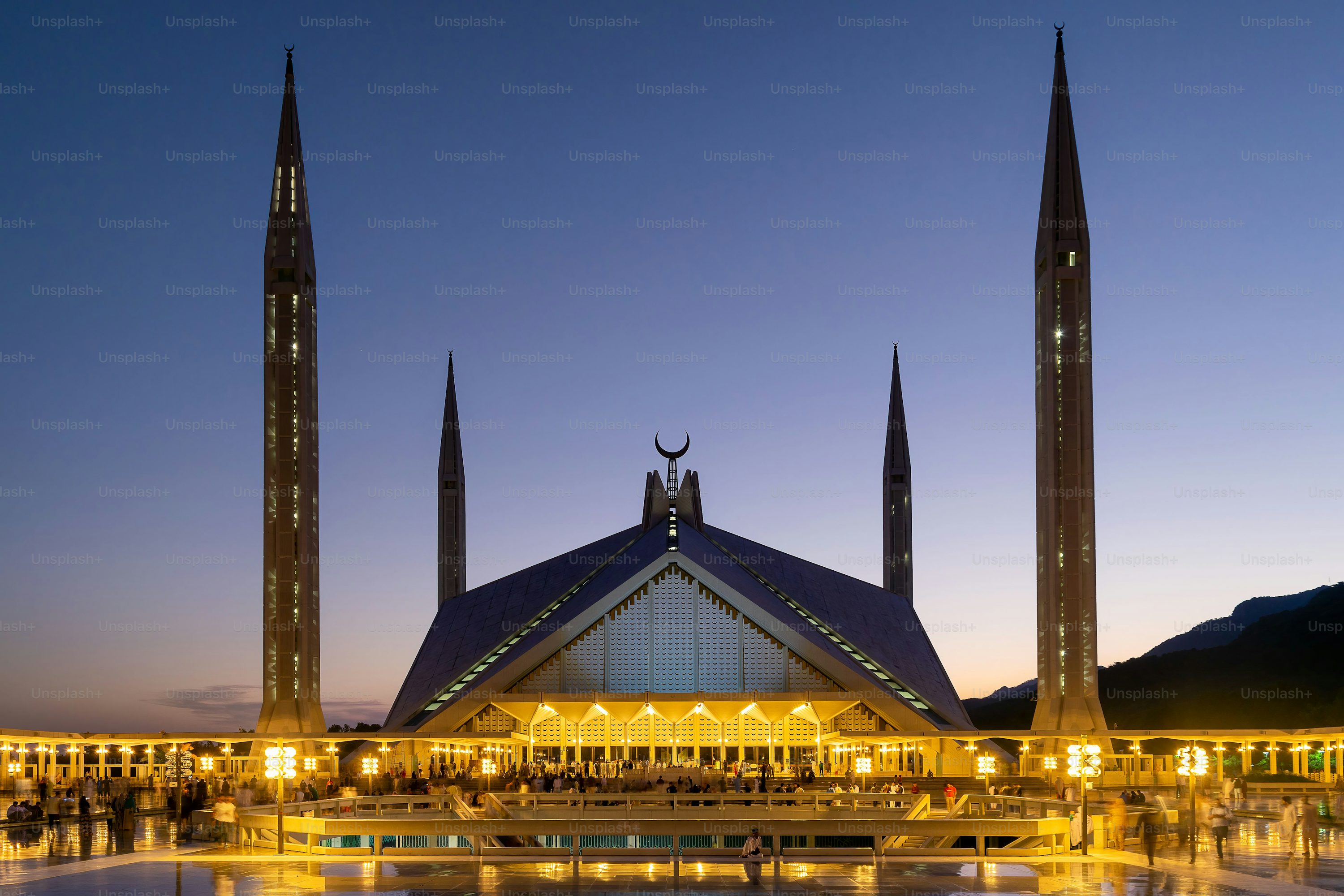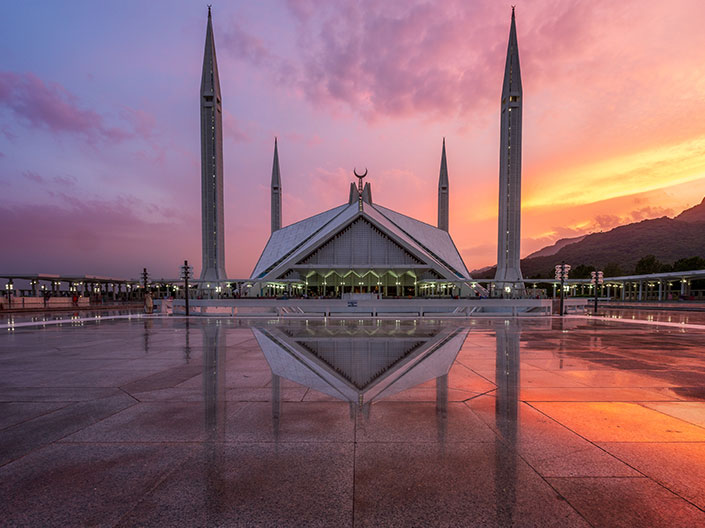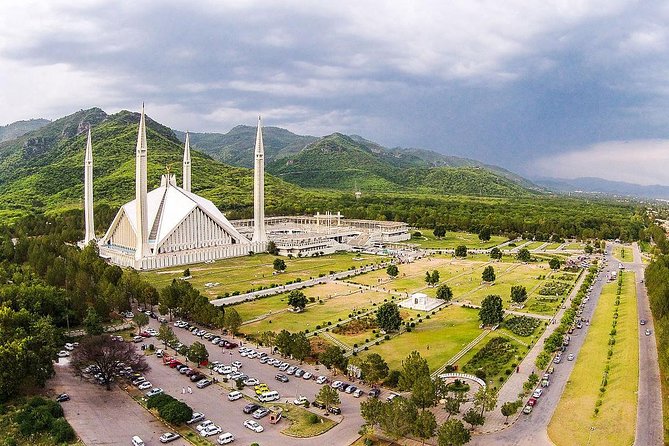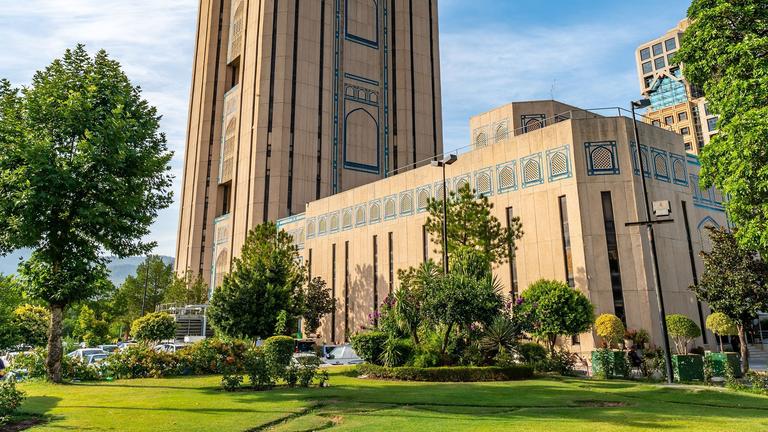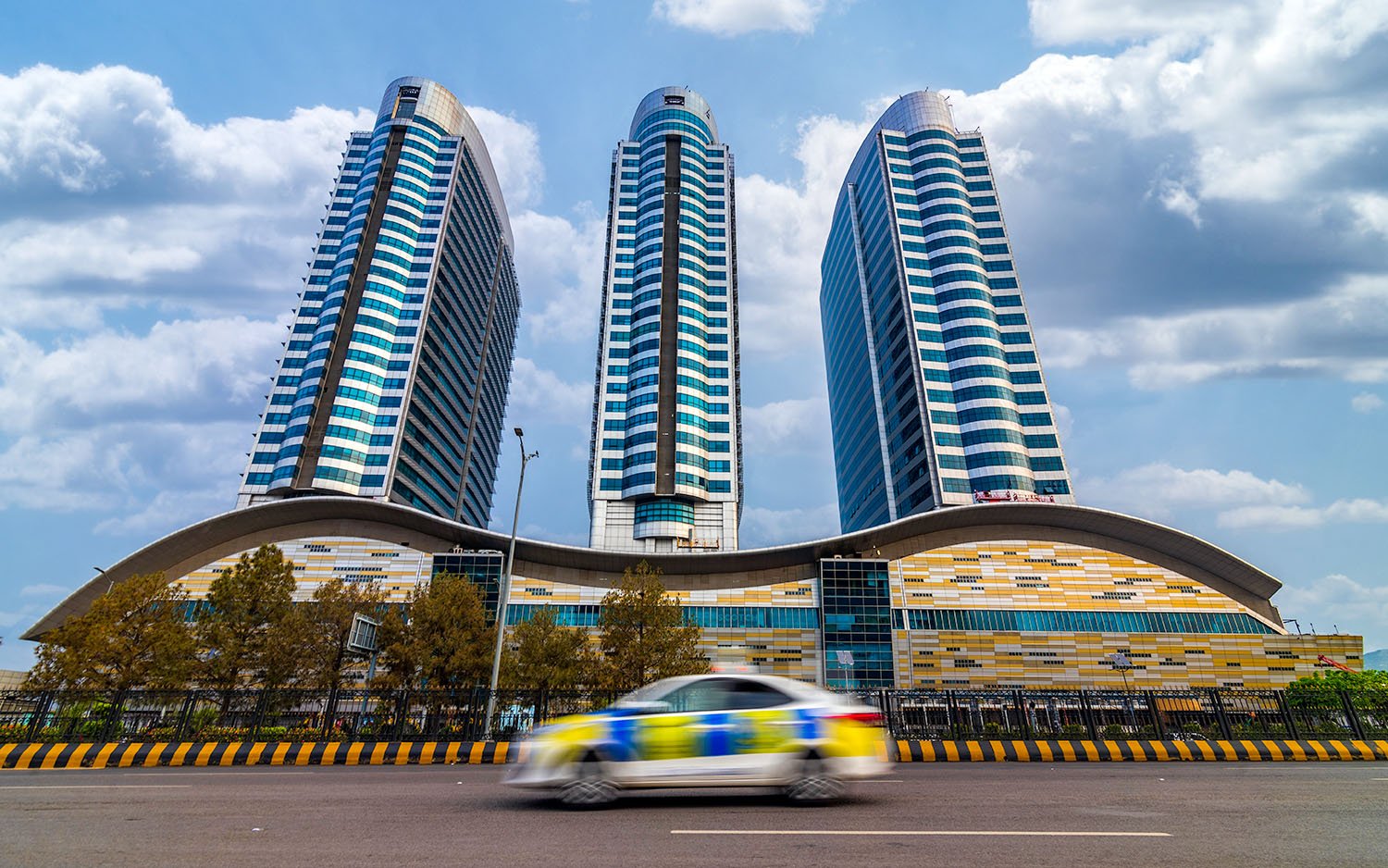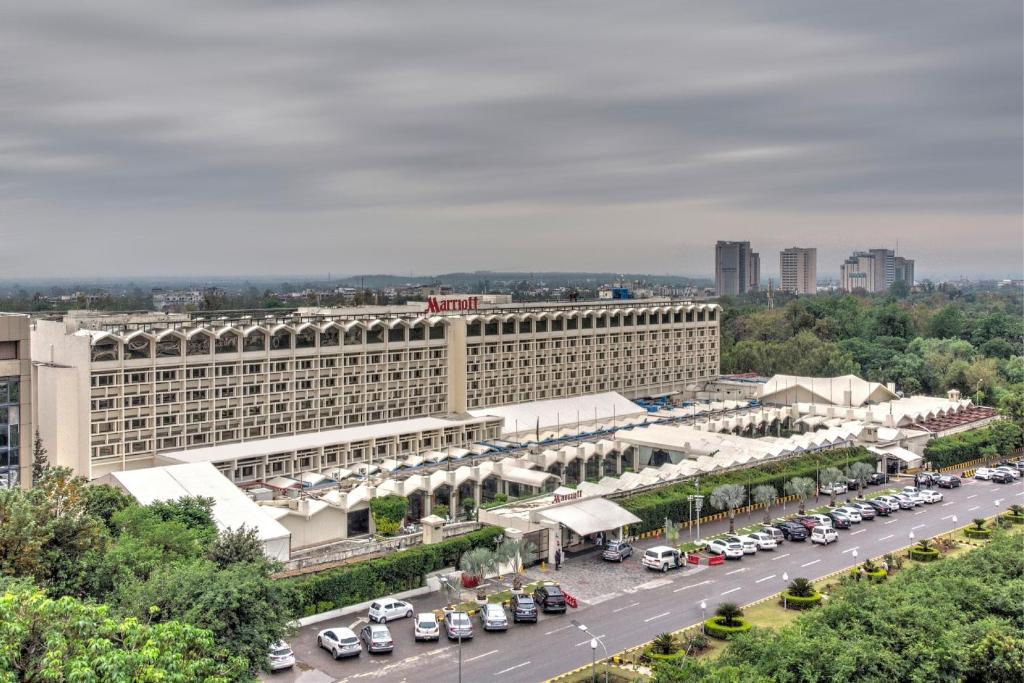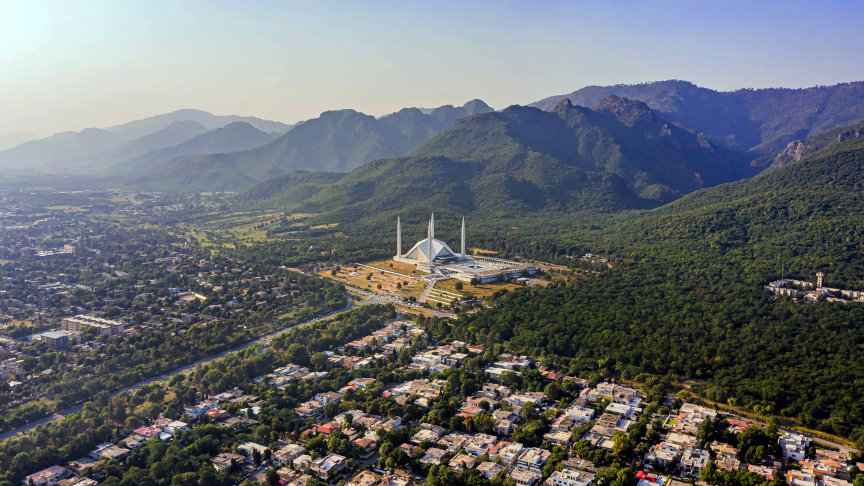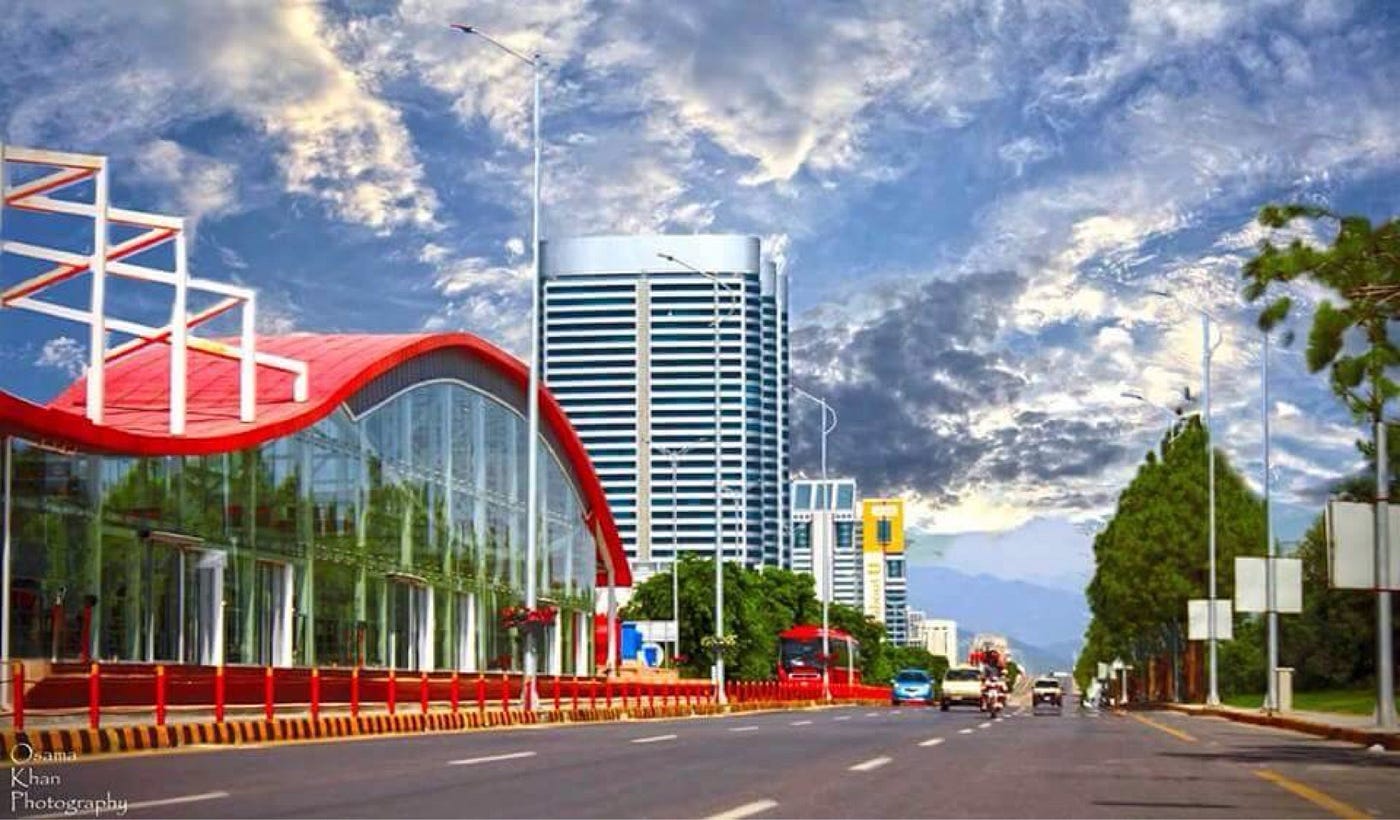
About the Islamabad
The Modern Face of Pakistan
Islamabad, the capital city of Pakistan, stands as a symbol of elegance, planning, and modern architecture. Nestled at the foothills of the scenic Margalla Hills, this city offers a unique blend of natural beauty, tranquility, and urban sophistication. Unlike the hustle and bustle of other major cities in Pakistan, Islamabad is known for its calm atmosphere, clean environment, and well-maintained infrastructure. It is a city where tradition meets modernity, making it one of the most attractive destinations for both locals and foreigners.
A Planned Capital
Islamabad was officially made the capital of Pakistan in the 1960s, replacing Karachi. The city was designed by the Greek architect and town planner Constantinos Apostolou Doxiadis, who divided it into sectors and zones to make it well-organized and efficient. Each sector typically contains its own market, parks, schools, mosques, and residential areas, allowing residents easy access to all basic facilities. The city’s master plan focused heavily on green spaces, wide roads, and sustainable growth, which is why Islamabad stands out in South Asia for its urban planning.
The Natural Beauty
What sets Islamabad apart from other cities is its natural environment. Surrounded by the Margalla Hills National Park, the city enjoys stunning views and a cooler climate, especially in the northern sectors. Daman-e-Koh and Pir Sohawa are popular viewpoints offering panoramic views of the city. Trail lovers frequently hike the various trails of the Margalla Hills, especially Trail 3 and Trail 5, which offer a rewarding escape into nature.
Faisal Mosque, located at the base of the hills, is not only the largest mosque in Pakistan but also an architectural masterpiece. Designed in a unique contemporary style, it reflects Islamic heritage while fitting beautifully into its natural surroundings.
Government and Diplomatic Hub
As the seat of government, Islamabad is home to the President House, Prime Minister’s Secretariat, Parliament House, and Supreme Court. It also hosts foreign embassies and high commissions, making it the diplomatic heart of Pakistan. The presence of these institutions has made the city one of the most secure and organized in the country.
The city also hosts international events and official meetings, providing a platform for diplomatic dialogue and global collaboration. The Red Zone, which houses most of the major government buildings, is a heavily protected area, showcasing the importance of Islamabad in national affairs.
Educational and Cultural Center
Islamabad is also a hub of education, with several top-ranking universities and institutions. The city is home to prestigious names such as Quaid-i-Azam University, National University of Sciences and Technology (NUST), and International Islamic University. These institutions attract students from across the country and beyond, contributing to the intellectual development of the nation.
In terms of culture, Islamabad is vibrant and diverse. The Pakistan Monument, located in Shakarparian, is a symbol of national unity and a major tourist attraction. The Lok Virsa Museum nearby showcases the cultural heritage of Pakistan, with exhibits from all provinces, highlighting the diversity and richness of the nation’s traditions.
Islamabad also has a growing art and music scene. Art galleries, cultural festivals, and music events are regularly held, reflecting a city that values creativity and expression.
Modern Lifestyle and Facilities
Despite being a city rooted in culture and nature, Islamabad offers a modern lifestyle with all the conveniences of a developed urban center. Shopping malls such as Centaurus Mall, Giga Mall, and Safa Gold Mall offer international brands, food courts, cinemas, and entertainment options. The city has a variety of restaurants serving local and international cuisine, making it a food lover’s haven.
Public transportation is steadily improving, with the Metro Bus Service connecting Rawalpindi and Islamabad, easing daily commutes. The roads are wide and well-maintained, and traffic is relatively disciplined compared to other cities.
The city is also known for its healthcare facilities. Hospitals such as Shifa International, Pakistan Institute of Medical Sciences (PIMS), and Kulsum International offer quality medical services to residents and visitors.
A Safe and Peaceful Environment
Islamabad is widely regarded as one of the safest cities in Pakistan. The presence of security forces, surveillance systems, and controlled entry into sensitive areas ensures a peaceful environment. This security makes it attractive not just to locals but also to expatriates and diplomats who live and work in the city.
Green spaces, clean streets, and low noise pollution further add to the peaceful ambiance of Islamabad. Families often spend weekends in parks like Fatima Jinnah Park (F-9 Park), Lake View Park, and Rawal Lake, enjoying picnics, boating, and other recreational activities.
Real Estate and Urban Growth
Islamabad’s real estate market is one of the most active in the country. The city’s sectors are labeled by alphabets and numbers, such as F-6, G-11, or E-7, each with its own characteristics. Some sectors are high-end residential areas, while others cater to middle-income families. Over the years, housing societies such as Bahria Town, DHA, and Gulberg have also expanded the city’s footprint, providing modern living options with enhanced amenities.
The real estate growth in Islamabad reflects its appeal to investors and residents alike. As the population grows and urban sprawl continues, the city is expected to expand further while maintaining its planned layout.
Challenges and the Way Forward
Despite its many strengths, Islamabad faces challenges like any growing city. Urban sprawl, illegal constructions, water shortages, and traffic congestion in certain areas are becoming concerns. Environmental preservation is another critical issue, especially with increasing deforestation and development pressures on the Margalla Hills.
The Capital Development Authority (CDA) continues to work on improving infrastructure, waste management, and environmental policies. Sustainable urban development remains the key to Islamabad’s future, ensuring that the city retains its unique charm while accommodating growth.
Conclusion
Islamabad represents a vision of what a modern, clean, and culturally rich city in Pakistan can look like. It is a city that offers peace, prosperity, and promise—a place where history, nature, and progress live side by side. Whether you’re a tourist, a student, a businessperson, or a resident, Islamabad has something for everyone. With continued care and planning, the city is well-positioned to remain one of South Asia’s most admired capitals in the years to come.
Address: Block DD, house #78 D, D Street 3, G 9/3 G-9, Islamabad, Pakistan
